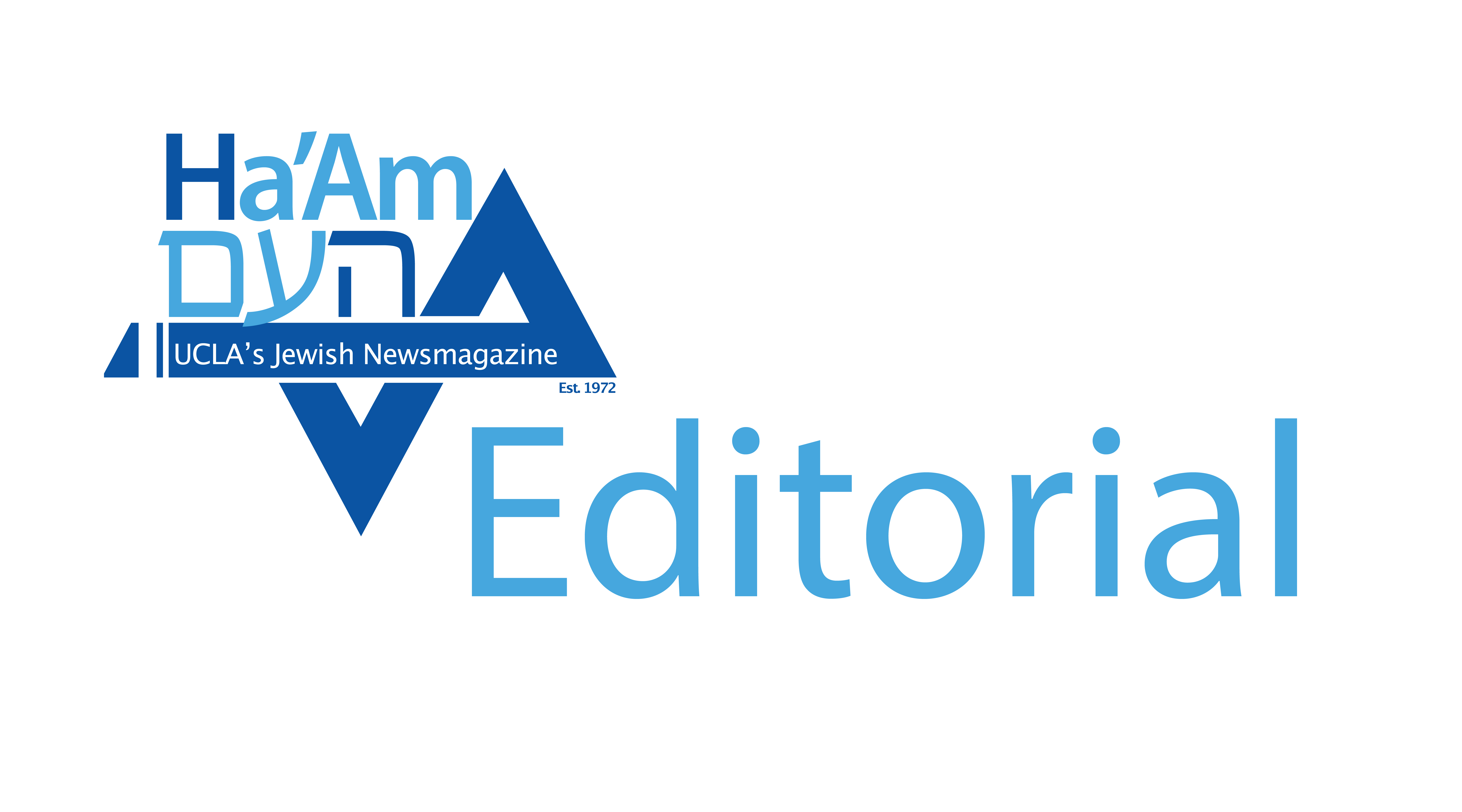In a surprising turn of events, the Undergraduate Student Association Council President Devin Murphy announced Friday that he would be resigning from the position effective immediately. This move follows weeks of deliberation regarding the parameters of this coming Tuesday’s divestment hearing, in which the USA Council will consider “A Resolution to Divest from Companies Engaged in Violence Against Palestinians.”
For many, the timing of Murphy’s resignation creates serious inquiries as to his motives for taking on the position of USAC president in the first place. In his resignation statement, Murphy states that his involvement in USAC over the past four years consumed his time to the point that he neglected his other priorities. While we do not know all the circumstances that factored into his decision, shouldn’t he have known that serving as president would only increase the amount of time he would have to spend on student government, away from his other commitments? Given that he openly supports the Boycott, Divestment, and Sanction movement against Israel and the divestment resolution that USAC will vote on tomorrow night, Murphy could not have resigned at a more emotionally charged time — for both pro-divestment and anti-divestment students.
Based on Murphy’s unwavering support for divestment, it seems that one of his central motivations for pursuing the presidency was to ensure that a divestment resolution passes at the council table — his resignation statement infers that this objective is almost complete. With his ability to control USAC political conversations, he helped force divestment to the forefront of campus conversation, vocally preaching that, according to him, divestment is something that the UCLA student body needed at the most essential level. Murphy did so without having any conversations with Jewish community and pro-Israel student leaders, instead assuming that conversations with sparse members of Jewish Voice for Peace were sufficient.
Regardless, we believe that Devin Murphy was never a good choice for the Jewish community. Murphy differs from his predecessor, John Joanino, in a distinctive way. Although Joanino also openly supported divestment, he made it explicitly clear that anti-Semitism — through explicit attacks (e.g. the man outside Powell Library) or online microaggressions via Facebook and other social media outlets — is outright unacceptable. While maybe an unintentional mistake by Murphy, his absence of transparency and outreach to Jewish student groups is a testament to his lack of empathy for Jewish student needs.
Israel is only a minuscule part of what Jewish life on campus really entails — Jewish students are involved in social action, attend alternative spring breaks, participate in leadership development, Jewish learning, Shabbatot around Westwood, and so much more. However, Murphy’s political ambitions blurred the bigger picture of Jewish life at UCLA by slanting him away from the actual needs of the Jewish community, such as the need for kosher dining on the Hill or the need for Shabbat-friendly living accommodations.
Now, Devin Murphy’s resignation from the presidency poses certain questions and implications for the relationship between Jewish and pro-Israel students with USAC. Though the outcome for divestment on Tuesday is still uncertain, will conversations down the line better involve Jewish students now that former Internal Vice President Avinoam Baral has assumed the USAC presidency? If Baral will be controlling the conversations, will USAC be able to tackle other important issues relevant to the Jewish community like kosher dining on the hill or Shabbat-friendly living accommodations?
We believe so. We believe that no matter USAC’s sentiment towards Israel and Israeli foreign and domestic policy, an extreme barrier preventing Jewish access to USAC has been removed. New leadership will certainly push the council to consider the needs of Jewish students that have often been marginalized for the past couple years. We hope that no matter the outcome of tomorrow’s hearing, the new USAC president will be able to influence all members of the council — regardless of political affiliation — to begin engaging with Jewish students and hear their stories, to understand their motivations, and to represent them in the most democratic way possible.

